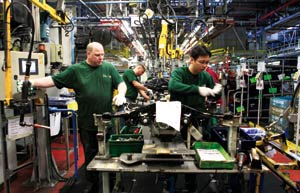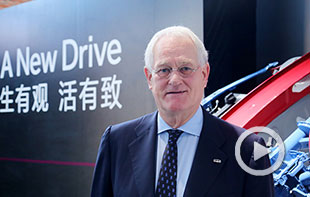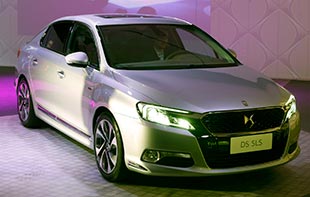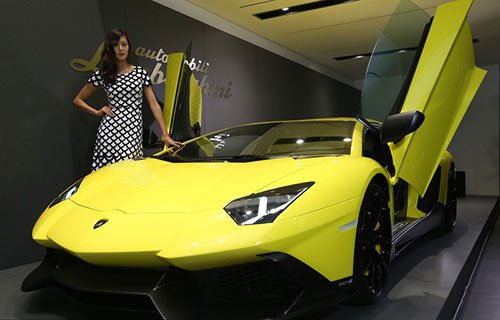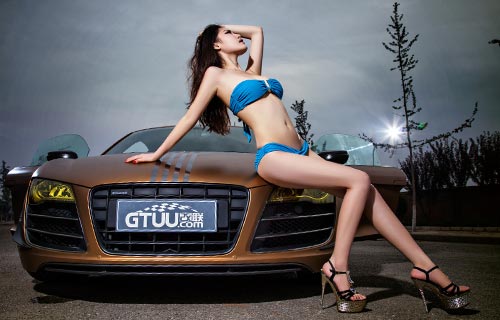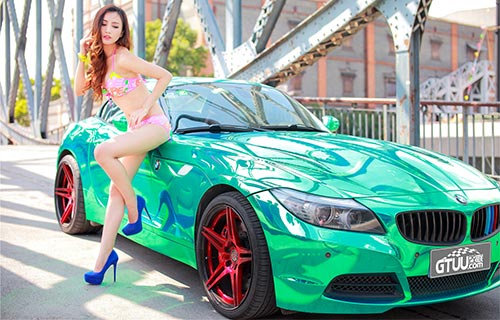Putting brakes on China's auto industry
Updated: 2013-12-26 11:04Angry voices have been raised as Chinese automakers, in cahoots with their joint venture associates, launch so-called "self-developed" and "local brand" cars. These are nothing more than cut price, rebadged and relaunched versions of superannuated foreign models that have gone out of production.
Government assessment of state-owned automakers mainly focuses on profitability, which is detrimental to product development, said industry analyst Xu Binjin.
Private automakers do not get the same support from the government and it is an unequal struggle, competing with foreign and state-owned automakers, said Xu.
What is required is an adjustment to auto industry policy, cooling the cozy relations between State-owned and foreign automakers and obliging state carmakers to stand on their own feet, said Wang Xiaoguang of the National Development and Reform Commission.
Put the brakes on joint ventures
The government encouraged auto joint ventures for 30 years and thereby stifled development of domestic brands, said Zhong Shi.
Rao Da, secretary-general of the China Passenger Car Association and son of the man who headed FAW in Mao's time, wants the government to suspend new auto joint ventures.
Whether China is an auto manufacturing giant lies not in the number of joint ventures or how many cars it sells. It depends on whether the domestic automakers have strong independent research and development capabilities, said Rao.
"How come we were able to design and manufacture the luxury Red Flag limousine in the 1950s but needed to import steering technology for mid-sized trucks in the 1980s?" he said.
He believes that using foreign technology discourages local technicians and that is why State-owned automakers have failed to stop the slide of their own brands.
The Ministry of Commerce told the media on Nov 19 that the government may relax foreign investment restrictions in areas including auto manufacturing. This easing will weaken the position of indigenous carmakers further.
Dong Yang, CAAM secretary-general, said that if foreign ownership rules were relaxed, Chinese carmakers would lose control of joint ventures.
"Foreign ownership being capped at 50 percent is the red line we must not cross because we need to protect our Chinese brands," Dong said in his blog on the CAAM website in early December.
Although the foreign cars manufactured in China contribute to local taxes and employment, the profit distribution leans toward the foreign companies as they have advantages in technology and management, said Dong.
There is no doubt that joint ventures are an integral part of the Chinese auto industry, but local brands are the core interests, he said.
Foreign automakers' role in technological progress in China is different from their Chinese counterparts. Auto manufacturing is also concerned with China's economic safety and national defense security, he said.
Dong called for the government to solicit opinions from the auto industry and have a scientific appraisal before making a policy that will have a significant effect on the industry, he said.



